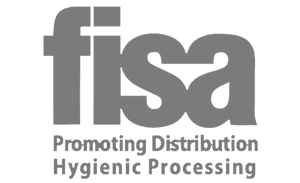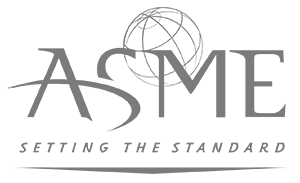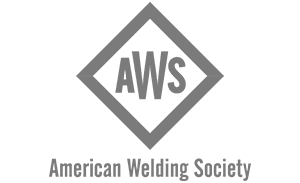What is USP Class VI Testing and Why is it Important
To begin, let us explain first what USP actually stands for: The United States Pharmacopeia (USP) is a non-government organization that endorses public health by establishing up to the minute standards to safeguard the quality of medicines and other health care technologies. This organization is concerned with the pharmaceutical and bio-technology industries. The USP sets standards for quality, purity, strength and consistency. These USP Standards are published in the US Pharmacopeia and the National Formulary (USP NF).USP Class IV types of products go through a series of biological tests. The USP Class VI compounds must be made from ingredients with clear histories of biocompatibility that meet tight requirements for leachates.
Animals are used to test the toxicity of materials.
- Acute Systemic Toxicity Test: This test measures the irritant effect of the test material and governs its human hazard potential. Toxicity is determined by oral, dermal and inhalation.
- Intracutaneous Test: This specific test administers the material straight to the tissues it will be in contact during normal use without protection of the skin or any other body system. This will allow the testing team to assess the response of particular tissues to the material.
Implantation Test: The implantation test determines the response of live tissue to the material when implanted into a live animal. The standard implantation time required for a USP Class VI test is five days. If after the five-day period there are no signs of irritation or toxicity, it will meet the implantation requirements of the test.
- Standard Temperatures and Times: The material extracts used on the systemic toxicity and intracutaneous tests are fixed at set temperatures and exposure times to ensure the results meet a common standard. All material extracts are processed using three different temperature and time exposure conditions. Initially it is administered at 122 degrees Fahrenheit, or 50 centigrade, during 72 hours, then at 158 Fahrenheit for 24 hours and finally at 250 Fahrenheit one hour.
USP Class VI Plastic Tests are designed to evaluate the biological reactivity of various types of plastics materials in vivo. Developed to test drug containers, the class plastics tests are frequently done on unmolded plastic resins as well as containers. Class plastics testing is not a replacement for biocompatibility testing, but is commonly used by manufacturers to classify materials.
There are three in vivo tests included in the classification of plastics. The Systemic Injection Test and the Intracutaneous Test are designed to control the systemic and local biological responses to plastics and other polymers by the single-dose injection of specific extracts made from a sample. The third test, the Implantation Test, is designed to assess the reaction of living tissue to a test material. The testing for the six different class plastics levels is all done using different arrangements of these three tests and different extracts.
The USP defines six plastics classes, from I to VI (VI remaining the strictest). Consequently, several plastics manufacturers find it beneficial to have their plastic resins certified as USP Class VI, particularly if the resin is a candidate to be used in medical devices. A plastic resin material that has passed Class VI certification is expected to be more likely to produce favorable biocompatibility results.
For a product to pass USP Class VI standards, it must exhibit a very low level of toxicity by passing all of the tests requirements. Compliance to USP Class VI is often requested by end users. Testing for compliance involves an assessment of the effects of the material, and extractables, on tissue.
So who uses UPS Class VI elastomers in the sanitary process industry? Primarily biopharmaceutical manufacturers for their process equipment. Sanitary diaphragm valves have USP Class VI diaphragms. Most single use process components such as silicone and C Flex tubing, plastic connectors and single use bags all require USP Class VI certification. Sanitary pumps require Class VI O-rings and seal material. And sanitary Tri-Clamp gaskets are all required to be USP Class VI. Holland Applied Technologies distributes a variety of USP Class VI compliant sanitary hose assemblies, O-rings, sanitary gaskets and seals in various elastomer types, including EPDM, SILICONE, FKM (VITON), and PTFE (TEFLON).
If you have questions about this post or we can be of any assistance to you regarding USP Class VI materials or any other issues in the hygienic process world, contact us and we will do our best to assist you.








